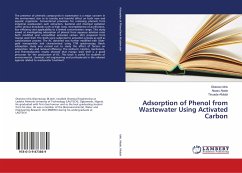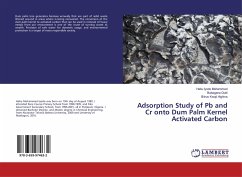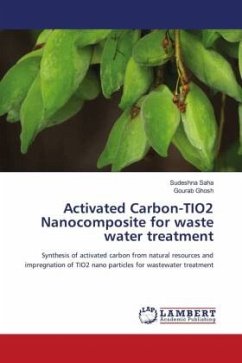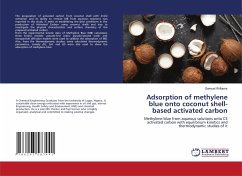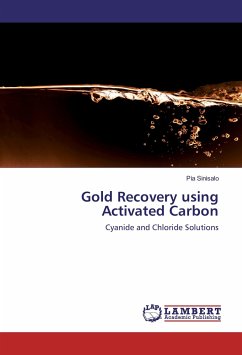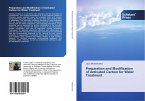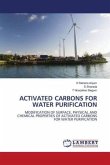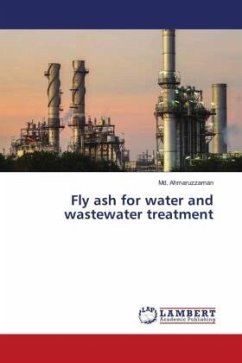The presence of phenolic compounds in wastewater is a major concern in the environment due to its toxicity and harmful effect on both man and aquatic organisms. Conventional processes for removing phenols from industrial wastewaters such extraction, bacterial and chemical oxidation suffer serious drawbacks such as high costs, incompleteness of purification, low efficiency and applicability to a limited concentration range. This study aimed at investigating adsorption of phenol from aqueous solution onto both modified and unmodified activated carbon (AC) prepared from mango seed shell. The shells were subjected to activation process as well as carbonization process. The AC obtained was further modified with Silver-gold nanoparticle and characterized using FTIR spectroscopy. Batch adsorption study was carried out to study the effect of factors on adsorption rate and removal efficiency. The isotherm, kinetics, mechanism, and thermodynamic results showed that mango seed shell is a good precursor for the production of AC. This book is useful for students of environmental, chemical, civil engineering and professionals in the relevant agencie related to wastewater treatment.
Bitte wählen Sie Ihr Anliegen aus.
Rechnungen
Retourenschein anfordern
Bestellstatus
Storno

